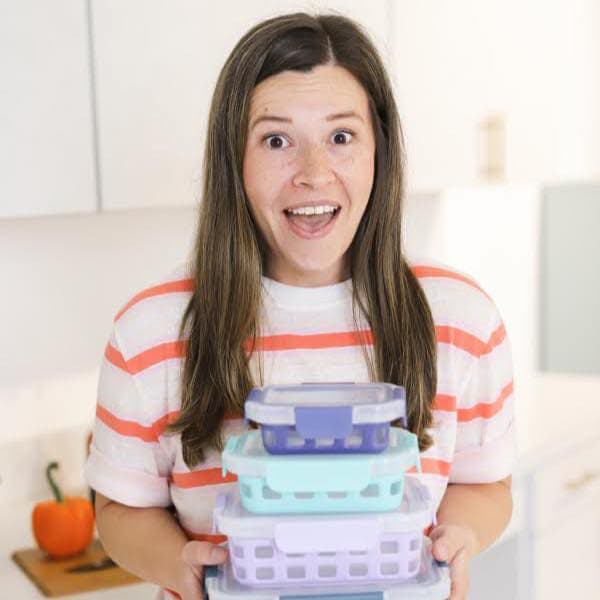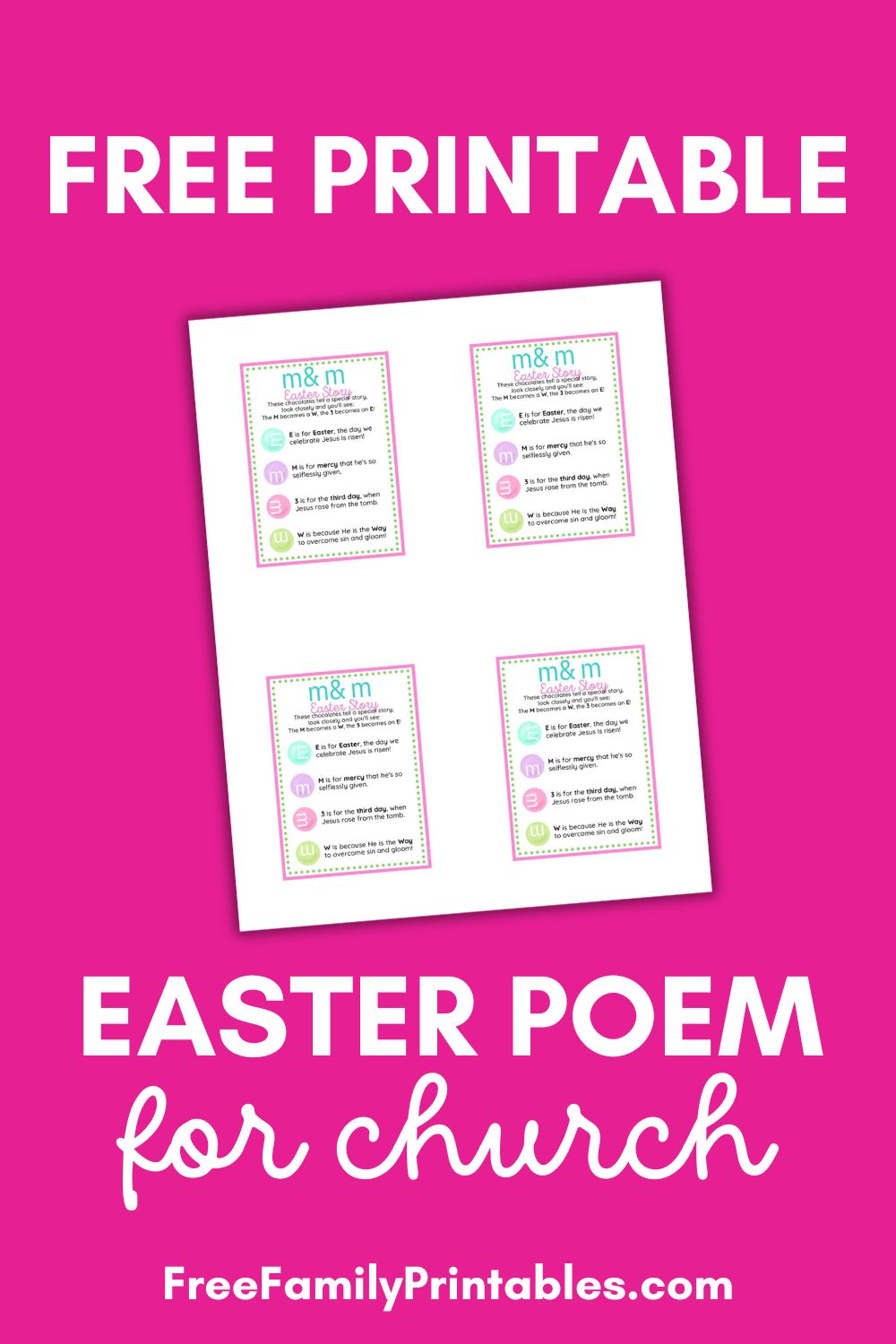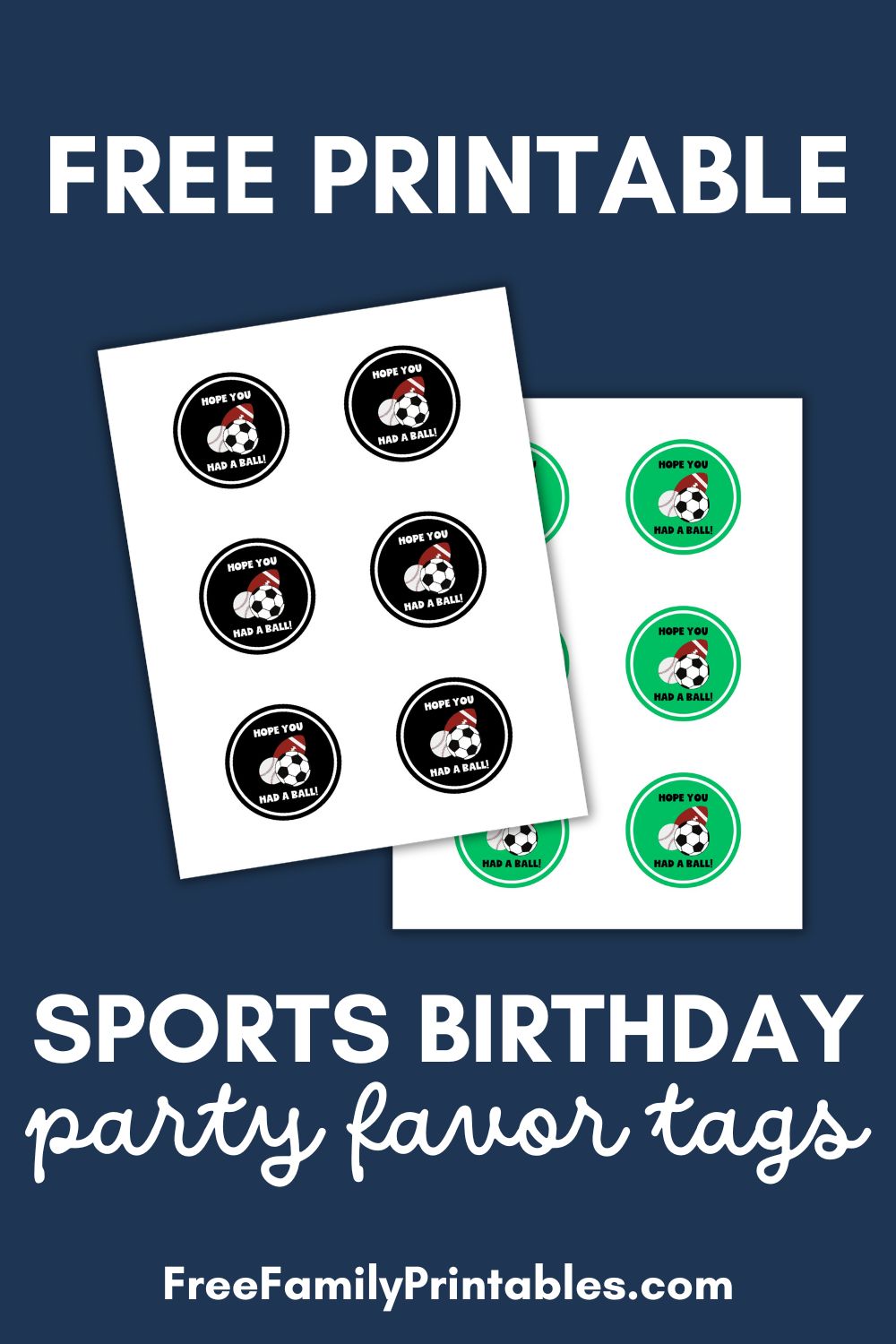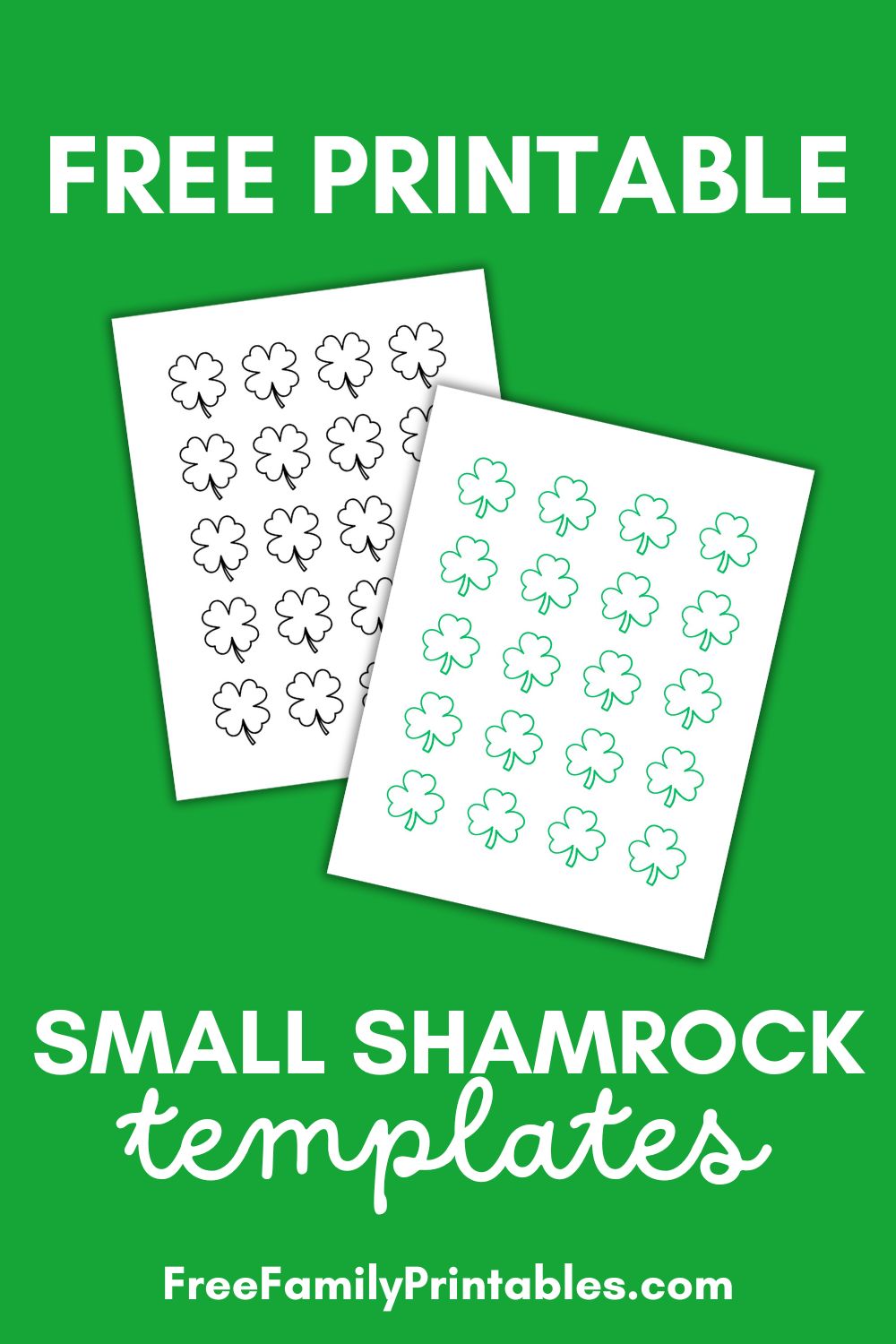When you are ready to change your financial situation, it can be frustrating to figure out how to budget when you’re broke.
Learning how to budget, and sticking to it, is essential to turning your finances around, but how do you start budgeting when you’re behind on your bills, or don’t seem to make enough money?
When we first started Dave Ramsey’s Financial Peace University, we were really behind on all of our bills, and barely living paycheck to paycheck.
We were frustrated because we couldn’t seem to gain any traction with our budget. There just wasn’t enough money coming in, to cover all of our expenses.
Related: How we cut over ,000 of expenses from our budget
Our first thought was that we needed to make more money, but it wasn’t until we took the time to drastically cut our expenses that our budget started to work.
If you are ready to start a budget, but you’re not sure how to make it work because you’re behind on your bills, keep reading!
5 tips to start a budget when you’re broke.
Analyze Your Spending
First, print out your bank statements for the last three months and do a deep analysis of your spending habits.
Go through your purchases and categorize them into “vital” (meaning absolutely necessary), “important” (meaning needed but could be negotiated), and “pause” (meaning you can stop this spending right now!).
This will help you decide what your bare minimum necessities are each month, and will help you identify the bills that can either be cut or at the very least negotiated down or even switched, to a cheaper service provider.
Do a Spending Freeze
Identify the purchases you’ve been making that would be the first to go if you suddenly lost your job and could only pay the necessities.
This usually means completely eliminating fast food stops, Target runs, or other shopping or eating out expenses.
Stop spending money in these “miscellaneous” categories for a few weeks in order to build up a little buffer in your account. This will make starting your budget much easier.
Related: How to do a no spend month (free printable calendar)
Pay Minimum Debt Payments
A lot of people will try to start paying off debt, and start a budget all at once.
When you are just getting started with learning how to budget, simply pay all of your minimum debt payments for now.
Don’t worry about trying to pay down debt aggressively, just yet.
If you’re struggling to pay for your necessities like food, shelter, and water, you can even skip the debt payments for now, and catch up later once your budget is in place.
Related: How to pay off debt fast
Cover Your “Four Walls”
Financial expert, Dave Ramsey, discusses a topic called the “Four Walls” in which when you’re in financial crisis, your first concern should be only to pay your housing (mortgage/rent), utilities, transportation, and food.
If you can’t pay your “four walls” on your current income, you either need to find more work, or your house or car might be way too expensive.
Start Cutting Expenses
Once we knew our “four walls” were covered, we knew we were overspending in all other categories, and had to start cutting our lifestyle to get out of debt fast.
This can be overwhelming, so try eliminating one category at a time.
For the first month, try sticking to a food budget. Eat at home to save hundreds of dollars a month that you otherwise would spend at restaurants and fast food stops.
As you get better at your budget, and see the benefits of reducing your expenses, you’ll be more motivated to cut your lifestyle even further.
We sold our cars, and even moved! The benefits of reducing our expenses have far outweighed the stress we felt when we were deeply in debt with no plan, and living paycheck to paycheck.
It can be a daunting task to try to learn how to budget or pay off debt when you’re broke.
When you’re living paycheck to paycheck, you’re simply trying to survive each month, so starting a budget is probably not your top priority.
Once you start budgeting, you will be surprised to find that you instantly feel like you have more money, because you know exactly where your money is going.
A few months into your budgeting journey, you will be ready to tackle your debt, and feel better than ever!
Make sure you grab my free budget planner, so you can organize your finances, and reach your financial goals.






